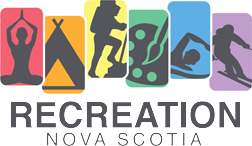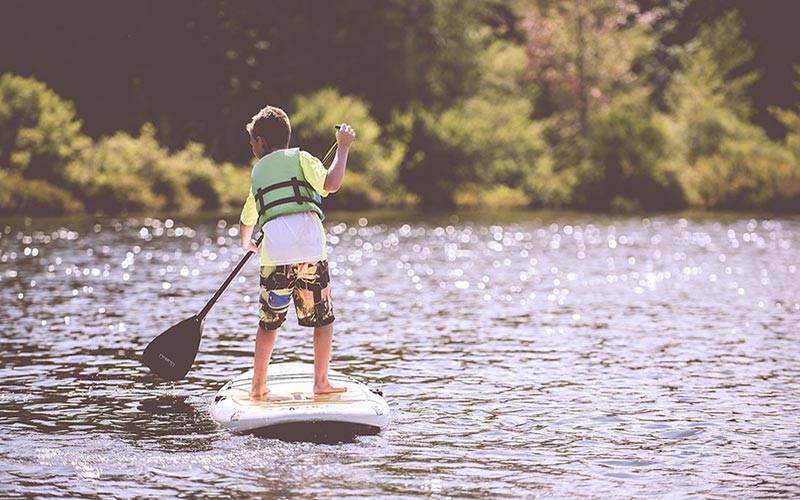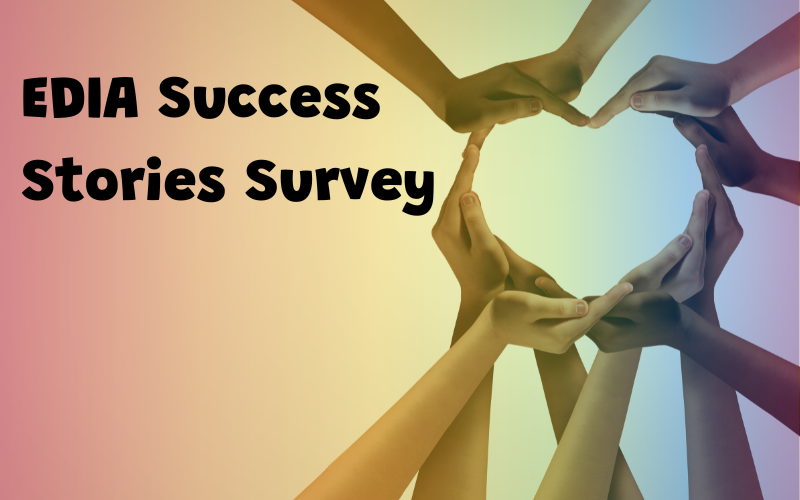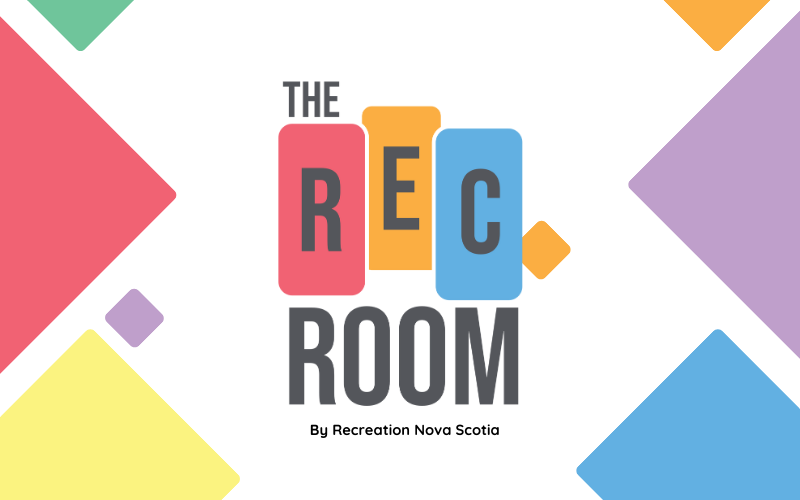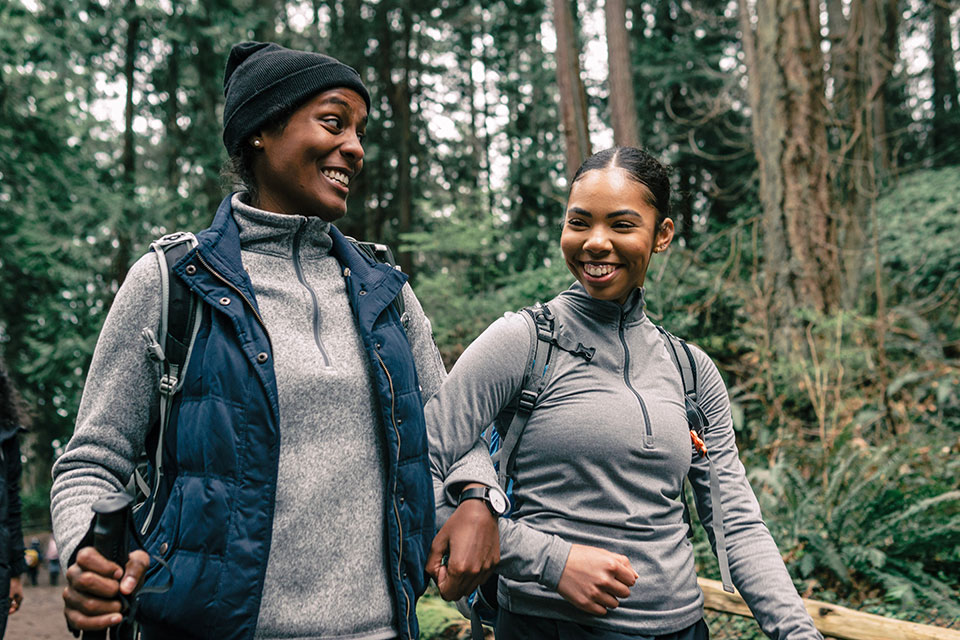Sign up for our Newsletter


What’s this?
A fun and interactive learning tool, you could even call it a game!
This game uses cards to represent how a person with mental health challenges might navigate the recreation system available to them, and outlines some of the challenges they may face when doing so. The learning comes from from seeing what barriers people may face, and what supports can be provide to overcome these barriers to participation.
Why?
- Because recreation is vital for a healthy, vibrant life.
- Research shows that recreation involvement can be a very important part of recovery from mental illness.
- People in mental health recovery often have barriers to recreation that keep them from participating.
- People in recovery can use many strategies and offer many supports to recreation providers and practitioners to help make recreation accessible.
What will participants get out of using this learning tool?
People in Mental Health Recovery
- Practice problem-solving through barriers to recreation and uncover new strategies to use when doing a recreational activity
- An action planning process kick-starts the process to try a new activity in their own lives
Recreation Providers and Practitioners
- Learn about barriers people in mental health recovery may face in accessing your programs and services
- Understand what support you can offer to help people get to your programs and stay long enough to experience benefits
Who developed this tool?
The Recreation for Mental Health Project Team was formed in 2012. They created this tool to share knowledge generated by the research project about creating welcoming and inclusive environments for people with mental health challenges. Its development has included trials in both recreation practitioner training and in clinical recreation and occupational therapy settings. This tool has been further developed and administered through Recreation Nova Scotia.
How do I order?
Contact
Game includes:
- One game mat
- Card decks: Activities, Barriers and Strategies/Supports
- Detailed instructions and discussion guide
Testimonials
[The game] made situations feel relatable.
I love, love, love [this game]. So useful I'd keep it at my center to loan to any community group.
[There are] so many uses for this game. It will be a very effective tool.
[The game] provided an opportunity to think about specific situations.
What is the Recreation for Mental Health Training?
The Recreation for Mental Health team has produced guidelines and actions that will help recreation practitioners make their programs and spaces more accessible to people experiencing mental health challenges. These guidelines and actions are born of several research projects, which you can read more about on the resources page.
Why is this training so important?
The Recreation for Mental Health Training is a missing link between uncovering the needs of people experiencing mental health challenges through the research process and connecting these people with the recreation experiences vital to the recovery process and maintaining wellness into the future. This closing the gap between what we know and do is called “knowledge translation.”
Additionally, recreation can play a pivotal role in the mental health recovery process and is important for maintaining mental wellness for all people. Because of the connections between recreation, mental wellness, and social equity, equitable access to recreation is an effective leverage point for increasing wellness and social equity overall.
Who is the training for?
Whether you are a recreation manager or director, a program facilitator/leader, or a front desk staff member, you have a vital role in helping the people who would benefit the most from recreation to:
- find out about your offerings
- afford to attend them
- travel to your facility
- feel welcome to attend for the first time
- keep coming back to get the full benefits of recreation
What will I learn and do at the training?
The training is experiential and fun and includes time for action planning at your centre or program. You’ll leave with a renewed sense of recreation's power to improve people’s lives and a clear path to reaching the people who most need to experience its joys and benefits.
Additionally, the heart of the training’s teachings is about being welcoming to all people and providing excellent customer service.
How long is the training?
The training is a 4-hour workshop.
Who do I contact to learn when, where and how to host a training?
Contact
Training testimonials
“I liked learning about mental health issues regarding recreation programs in general. It is something that goes unnoticed.”
"The training really opened my eyes to the benefits of recreation for those with mental health concerns.”
“This training opens dialogue and provides an opportunity to share real-life experiences.”
Research Projects
- pdf Roles of Performance Arts & Exhibition for Adults Living with Mental Health Challenges(623 KB)
- pdf Benefits of Recreation to the Mental Health of College and University Students(658 KB)
- pdf "Time" Lasts Forever: Criminal Record Limits Community Participation(505 KB)
- pdf Benefits of Recreation for Mental Health: Summary of Evidence(714 KB)
- pdf Creating Welcoming Programs and Places for People with Mental Health Challenges(4.34 MB)
- pdf Integrating First Voice Perspectives into the Recreation for Mental Health Project(619 KB)
- pdf Overcoming Barriers to Community-Based Leisure and Recreation for People with Mental Health Challenges(422 KB)
Practice Guidelines and Tips
- pdf R4MH TIPS for Recreation Participation(1 MB)
- pdf R4MH Dialogue Tool(1.10 MB)
- pdf R4MH Guidelines(148 KB)
Videos
- Recreation for Mental Health: Juanna
- Recreation for Mental Health: Kendra
- Recreation for Mental Health: Max
Summary of Benefits
- pdf Making the Case: Recreation for Mental Health(9.64 MB)
- pdf Life Skills Benefits Poster(569 KB)
- pdf Physical Benefits Poster(5.31 MB)
- pdf Psychological Benefits Poster(5.29 MB)
- pdf Social Benefits Poster(5.12 MB)
- pdf Physical References(570 KB)
- pdf Life Skills References(569 KB)
- pdf Psychological References(942 KB)
- pdf Social Benefits References(976 KB)
Inspiring Practices
- pdf Promising Practices Research(394 KB)
- pdf Wilderness Wellness(4.97 MB)
- pdf Beacon Program(1.82 MB)
- pdf Getting Through the Door(2.40 MB)
Provincial Launch Reports
- pdf South Shore Region(401 KB)
- pdf Valley Region(337 KB)
- pdf Highland Region(410 KB)
- pdf Fundy Region(230 KB)
- pdf Cape Breton Region(213 KB)
- pdf Central Region(349 KB)
- pdf Provincial Focus(431 KB)
- pdf Provincial Launch Presentation(41.09 MB)
Other Resources
The Recreation for Mental Health (R4MH) is a collaborative effort of Dalhousie University, Recreation Nova Scotia and the Nova Scotia branch of the Canadian Mental Health Association (CMHA). The overall purpose of the R4MH project has been to promote collaboration between the health and recreation sectors in Nova Scotia to address the challenges associated with community recreation participation commonly experienced by people with mental health challenges. Through developing practical resources and training based on extensive research, the Recreation for Mental Health Initiative strives to help community organizations create new programs and/or adapt existing ones for individuals with mental health challenges so that all people can experience the mental health benefits of recreation participation.
R4MH Vision
All Nova Scotians experience the benefits of recreation for mental health.
R4MH Mission
To work together across recreation and mental health sectors to support the inclusion of people living with mental health challenges in the recreation life of their community.
R4MH Team
- Dr. Susan Hutchinson, Associate Professor, School of Health and Human Performance, Dalhousie University
- Dr. Karen Gallant, Assistant Professor, School of Health and Human Performance, Dalhousie University
- Robyn Burns, R4MH Research Assistant and graduate student, School of Health and Human Performance, Dalhousie University
- Dr. Cathy White, Assistant Professor, School of Occupational Therapy, Dalhousie University
- Dr. Barbara Hamilton-Hinch, Assistant Professor, School of Health and Human Performance, Dalhousie University
- Dr. Fenton, Assistant Professor, Faculty of Kinesiology and Recreation Management, University of Manitoba
- Dr. Heidi Lauckner, Assistant Professor, School of Occupational Therapy, Dalhousie University
- Rachele Manett, R4MH Research Assistant and graduate student, School of Health and Human Performance, Dalhousie University
- Dr. Rob Gilbert, Associate Professor, School of Health Sciences

The Nova Scotia Connect database shut down on March 31, 2025.
Effective March 31, 2025, the Nova Scotia Connect database (novascotia.cioc.ca) will cease operating. This closure will extend to all its affiliated regional websites. A full list of impacted sites is below.
Since its inception in 2012, NSConnect has been a valuable resource for the recreation sector in Nova Scotia. Hundreds of thousands of users have been connected to recreation opportunities in their communities across the province, and people from around the world have learned of the best we have to offer.
However, with changing user expectations and the evolving online environment, and without the dedicated human and financial resources to continue maintaining the sites, the NSConnect Management Team has decided to shut down the database and its online presence. This decision followed many months and years of searching for a viable path forward.
What does this mean for our local partners?
- The entire database has been secured, and the information is available for you to use in the future should you choose to migrate it to a new platform. Please contact your NSConnect Management Team member or Recreation Nova Scotia if you need help with this.
- Before March 31, existing links and APIs were removed or redirected from local municipal and organizational websites.
- Contacts were alerted to this change.
- A banner notice was placed on Connect database sites in mid-February to alert the public of the impending closure.
The bright light in this story is the emergence of a new made-in-Nova Scotia platform called PlayFinder.ca. PlayFinder.ca aims to integrate various public services (recreation opportunity information) with the necessary sector functionality (registration, scheduling, billing, etc.). If you’re interested in learning more, please contact PlayFinder.ca directly at
We sincerely thank all partner organizations, municipalities, the Province of Nova Scotia, and users who contributed to the success of Nova Scotia Connect over the past 13 years in promoting recreation opportunities across the province.
If you have any questions regarding the closure of NSConnect, please do not hesitate to contact your regional NSConnect Management Team member.
Nova Scotia Connect family of regional websites impacted:
- Novascotia.cioc.ca
- Southshoreconnect.cioc.ca
- Valleyconnect.cioc.ca
- Fundyconnect.cioc.ca
- Highlandconnect.cioc.ca
- Capebretonconnect.cioc.ca
- Novascotiatrails.cioc.ca
